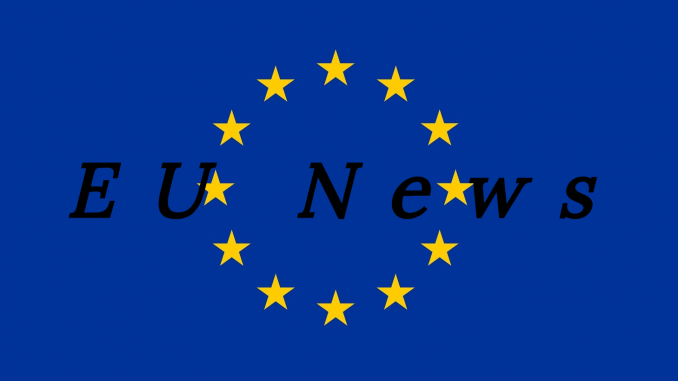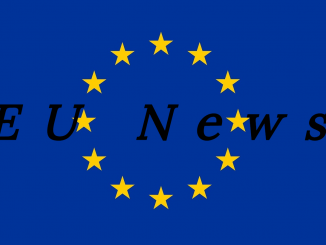
Some 100K people marched in London against Brexit this past Saturday 23rd of June 2018.
Artículo disponible en Español | Article disponible en Français
Last week, a number of companies voiced their concerns about Brexit, asking for guarantees to be able to continue investing in the UK in the long-term (we covered this subject here). In other words, these companies needed to know what the relationship between the UK and the EU will be post-Brexit. Last Saturday, a manifestation took place in central London, mainly composed of supporters of the European Union. Estimates say around 100K people were present.
The crowd demanded to the British government to hold a referendum on the final terms of Brexit. It has been exactly two years since the Brexit referendum was held, the 23rd of June 2016. The “Leave” side won with around 52% votes, while the “Remain” side managed to obtain 48% of the votes. The turnout was 72% of the population that could vote. This march, held on the anniversary, was named the “People’s Vote” protest and organized by a number of pro-EU groups. On top of demanding a say in the final terms, the march was also aiming at pressuring the government, so this one could speed up the negotiations. The organizers have already said they will march in other cities of the UK during the summer.
As per usual, some Brexiter politician had to say something on the matter. This time it was the turn of our great friend (not) Boris Johnson, who wrote a column in a well-respected newspaper (not), “The Sun”, stating that the prime minister [Theresa May] has to ensure a “full British Brexit”, whatever that means. People are still trying to figure out what a “full Brexit” is, and it’s been going on for 2 years. If now the British government needs to figure out what a “full British Brexit” is, good luck making it to March 2019 or December 2020.
At the same time, another march, this time to support Brexit, was also organized, with the same destination. It is estimated a few thousands of people showed up to this protest.
It is expected that the government of May will have most of the agreement figured out by autumn of this year (2018), even if most big companies such as Airbus or BMW want to have an answer by the end of the summer.
This article is the last part of a 3-parts article about Brexit.
More on this subject:

